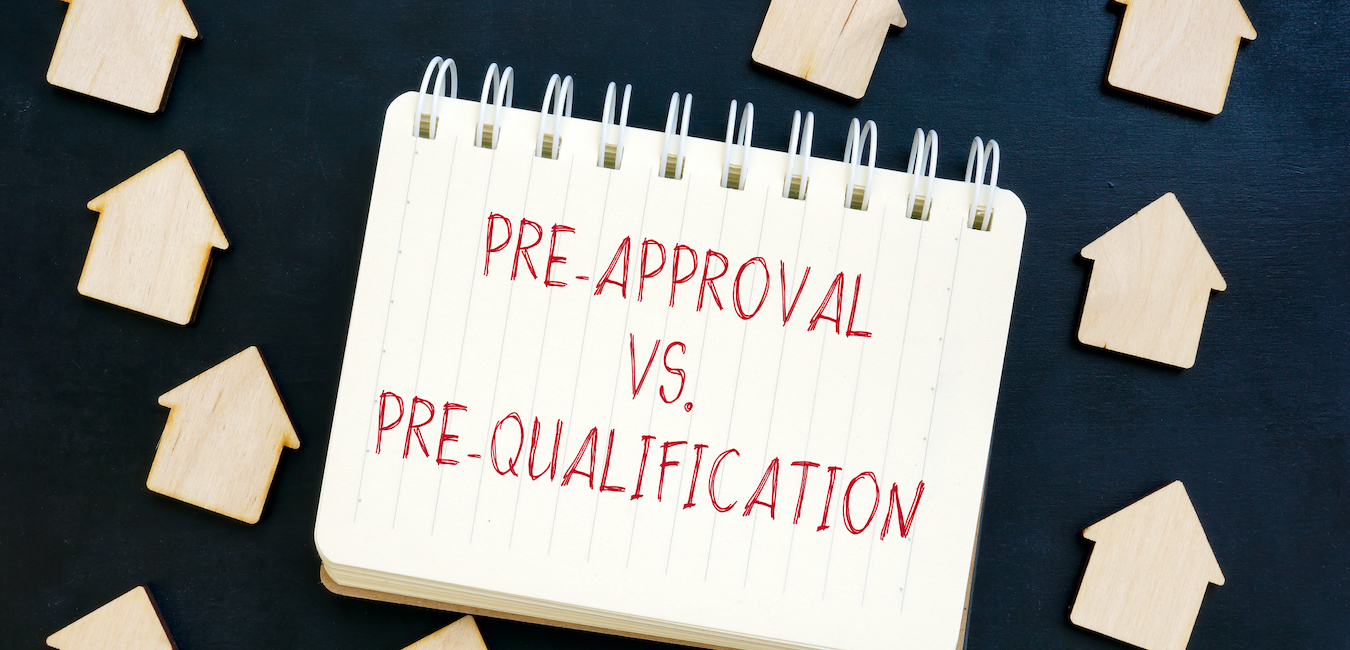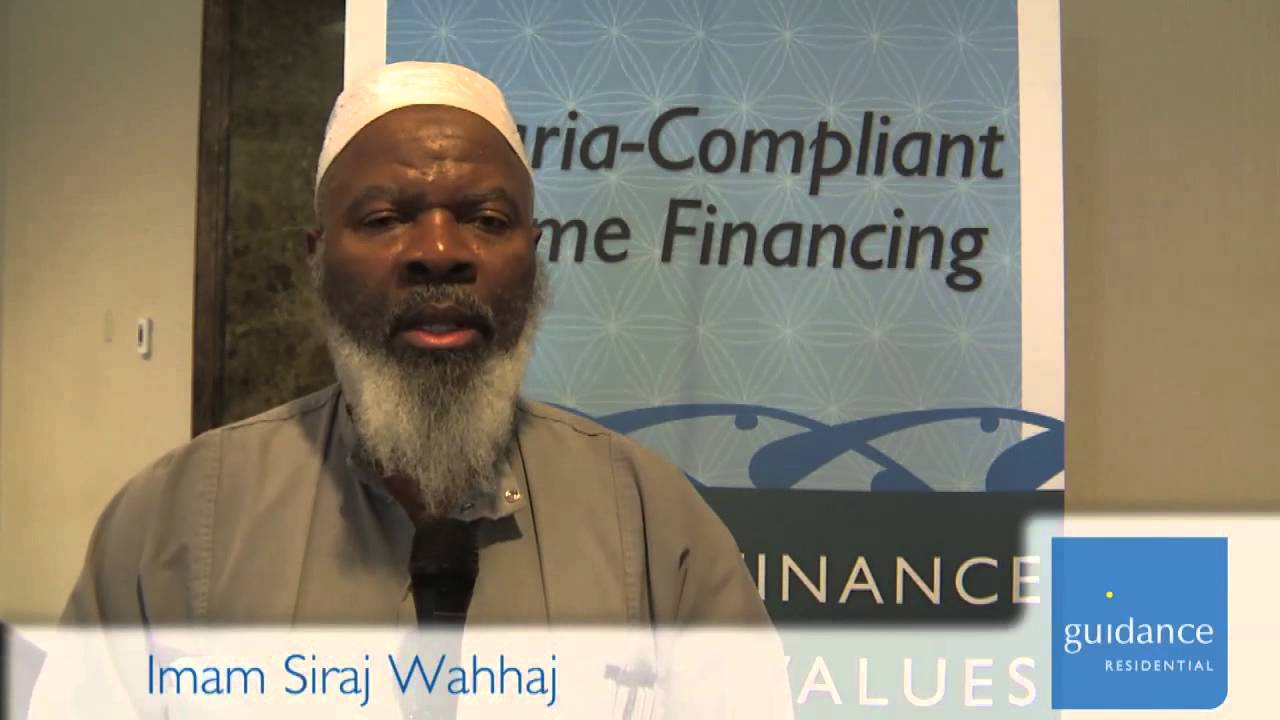4 Reasons to Refinance Your Home

Low financing rates in recent years have led many people to consider refinancing their homes. But before you decide to refinance, it’s important to understand the reasons to refinance and the potential benefits you could see. Whether you’re looking to shorten your mortgage term or save money with a lower rate, there are several reasons to consider refinancing.
When Should I Refinance My Mortgage?
Refinancing can provide you with many benefits, but timing your refinancing well will affect the mileage that you get out of those benefits. If you refinance too soon, you may see limited advantages, whereas if you had waited for better timing, you could have seen better benefits like increased savings or a significantly lower mortgage payment.
To determine when it’s the right time to refinance, you will need to consider multiple factors like mortgage rates and any changes to your credit score.
>> Related Read – Solved: What Exactly Is Refinancing a Home?
Refinance When Rates Are Lower
If you choose to refinance when rates are lower than they were when you closed on your home, you could potentially enjoy massive savings over the life of your mortgage. This is particularly true if you still have many years of payments left on your mortgage.
Because it costs an average of $5,000 to refinance in America, you will need to consider how much mortgage rates will need to drop to make refinancing worth the cost. A drop of 1% can make refinancing worthwhile, and a drop of 2% or more can absolutely make refinancing a wise decision. Taking advantage of rates when they are low is a smart decision that can reduce your monthly payments.
Refinance When Your Credit Score Has Improved
Your credit score has a significant impact on how much you will pay over the life of your mortgage. Lenders have less confidence in buyers with lower credit scores, so they either require a larger down payment or increase your mortgage rate to make up for that increased risk.
If your credit score has improved since you bought your house, you may be able to refinance and get a lower rate because of your better score. Refinancing with a very good credit score of 740 or higher also means you may qualify for additional types of financing. You’ll have more choices and possibly be able to refinance into a new mortgage that can save you money.
Refinance When You Can Eliminate Mortgage Insurance
If your original mortgage required you to take out private mortgage insurance (PMI), then you are making additional monthly payments on this insurance. Refinancing could help you to eliminate your PMI, saving you money every month.
For example, mortgages insured by the Federal Housing Administration (FHA) require mortgage insurance. That insurance cannot be canceled during the mortgage term, but once you have established at least 20% equity in your home, you could eliminate the PMI by refinancing into a conventional or Islamic mortgage.
>> Related Read – The Difference Between an Islamic Mortgage and a Conventional Mortgage
4 Good Reasons to Refinance Your Home
There are many potential reasons to refinance your home. These four reasons are among some of the most popular:
1. Refinance to Reduce Your Term from 30 to 15 Years
The following examples illustrate how refinancing your home from a 30-year to a 15-year mortgage contract may benefit you financially:
Reduce Your Term to Lower Your Monthly Payment
Refinancing to a 15-year contract when rates are low can offer some of the greatest savings over the life of your contract. A 15-year contract may be more affordable than you think because cutting the length of the contract in half does not double the payments.
In other words, if the rate on your 30-year mortgage is higher than today’s rates, refinancing can reduce your monthly payment. The question is by how much. Here’s an example of how it could work:
Let’s say Laila bought her home 5 years ago. She financed $275,000 with a 30-year contract at a rate of 4.0%, paying $1,313 per month. After 5 years, she has $250,000 left to pay. She takes advantage of a low rate to refinance at 2.87%, which reduces her payments to $1,037 – saving her nearly $276 every month. Her closing costs to refinance will amount to several thousand dollars, but she will save more than $74,000 through lower monthly payments.
In this scenario, refinancing is very lucrative for Laila.
>> Curious About Your Scenario? Use This Calculator to See How Much Money You Could Save.
Reduce Your Term to Save Money Over Time
Depending on the value of your mortgage contract and your old and new rates, a shorter contract might add a few hundred dollars a month to your payments, but the savings over the life of the contract can be significant.
In Laila’s situation above, let’s say she is now earning more money than she was five years ago, so she decides she can afford to pay more than her current $1,313 each month in return for a shorter contract. So she opts to refinance to a 15-year contract at the available rate of 2.50%. Her closing costs are low because she is taking advantage of a Guidance Residential promotion that waives her origination fee of $1,195. After the refinancing process, her monthly payments are now $1,667 – higher than before, but she will now be finished paying off her home in only 15 years rather than in 25 more years.
By the time her home is paid off, Laila will have saved over $147,000! She will also own her home outright much faster.
If being free from home payments is important to you, refinancing to a 15-year contract is certainly worth careful consideration—especially if you’ve ever made or considered making extra payments to pay off your home sooner.
2. Refinance to Invest Your Home Equity
Equity is the amount of your home’s value that you have already paid off. You gradually build equity in your home with every mortgage payment, and your home’s equity is a tool that you can use to refinance out of expenses like insurance premiums. You can also potentially use that money to pay down your debts (more on this in reason number three below) or as capital for a financial venture, like a new business.
Cash-Out Refinance
A cash-out refinance is a common way to use home equity for other purposes, like paying down other debts or making a major purchase or improvement on the home. You will receive cash in exchange for refinancing into a larger mortgage with a higher principal, meaning you will gradually start to pay off your home’s equity again. For example:
If you had a $200,000 mortgage and had paid off $50,000 of your home’s value, you could borrow $20,000 to make renovations on your home. Your new mortgage principal would be $170,000.
To pursue a cash-out refinance, you will need to have your home appraised. Most home financing companies will let you withdraw only up to 80% of your home’s value. The amount that you can withdraw will depend on your credit score, the amount of equity in your home, and your debt-to-income ratio. Establishing a debt-to-income ratio of less than 50%, meaning that your monthly debts and payments amount to less than half of your monthly income, can increase your chances of getting approved.
>> Related Read – How a Cash-Out Refinance Works
3. Refinance to Pay Off High-Interest Debt
If you’ve accumulated high-interest debt from credit cards and car payments, then opting for a cash-out refinance could give you a large sum of money that you can use to pay down that high-interest debt. Being able to pay off that debt sooner can save you the money that you would be putting toward interest on those loans for years.
For this strategy to be effective, you will want to focus on paying down the accounts that have the highest interest rates.
4. Refinance to Adjust Your Mortgage Type
Refinancing can also give you the opportunity to change your mortgage to another type of home financing product. Different types of home financing products can be appealing depending on your situation:
- A fixed-rate mortgage, the most popular type of home financing product for buyers purchasing a home for the long term, means that you will have the same mortgage rate for the entire length of the contract or term. Your payments will be predictable and simple to understand, but if mortgage rates drop during your term, your payments won’t be reduced unless you refinance.
- An adjustable-rate mortgage (ARM) has a fixed rate for the first few years. After those initial years pass, the mortgage rate adjusts periodically, which means your payments may also change. You will lock in and have a steady mortgage rate during those first years, and your rate can decrease over time. However, your rate could also increase, meaning your payments could go up.
- An Islamic mortgage offers those with conventional mortgages an equally affordable option to align your home financing product with your faith and principles. And if you already have Islamic financing and have owned your home for several years, there is a chance that refinancing may offer a substantial financial benefit.
>> Related Read – What Is an Islamic Mortgage? How Does It Work?
Is Home Refinancing Right for Me?
Refinancing your home can be a smart financial decision depending on your financial situation and goals. Guidance Residential makes refinancing easy, and you can pre-qualify online in 10 minutes or less.
(A note on why we are discussing mortgage rates: Guidance Residential does not charge interest, as our Shariah-compliant home financing is not a loan and is completely free of riba, or interest. However, in an effort to keep our costs competitive with a traditional mortgage for our customers, we refer to prevailing rates when setting our prices.)
Originally published September 2020, updated August 2022.




